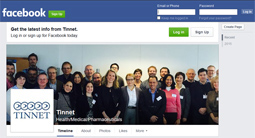Press release about the TINNET endorsed guidelines for translation
 A global language for hearing research
A global language for hearing research
Experts in hearing loss at the University of Nottingham have solved an important conundrum in their field of research – how to accurately translate results from patients’ hearing questionnaires carried out in different languages and cultures across the world.
The team at the NIHR Nottingham Biomedical Research Centre has led an international project to examine clinical questionnaires and guidelines from non-English speaking hearing research centres and summarise them for the global audiology community.
The resulting Good Practice Guide produced for the International Collegium of Rehabilitative Audiology (ICRA) and TINnitus NETwork (TINNET) will be a vital tool in helping researchers across the world to compare clinical diagnoses and outcomes of clinical trials. The guidelines were published in the International Journal of Audiology on 21 November 2017.


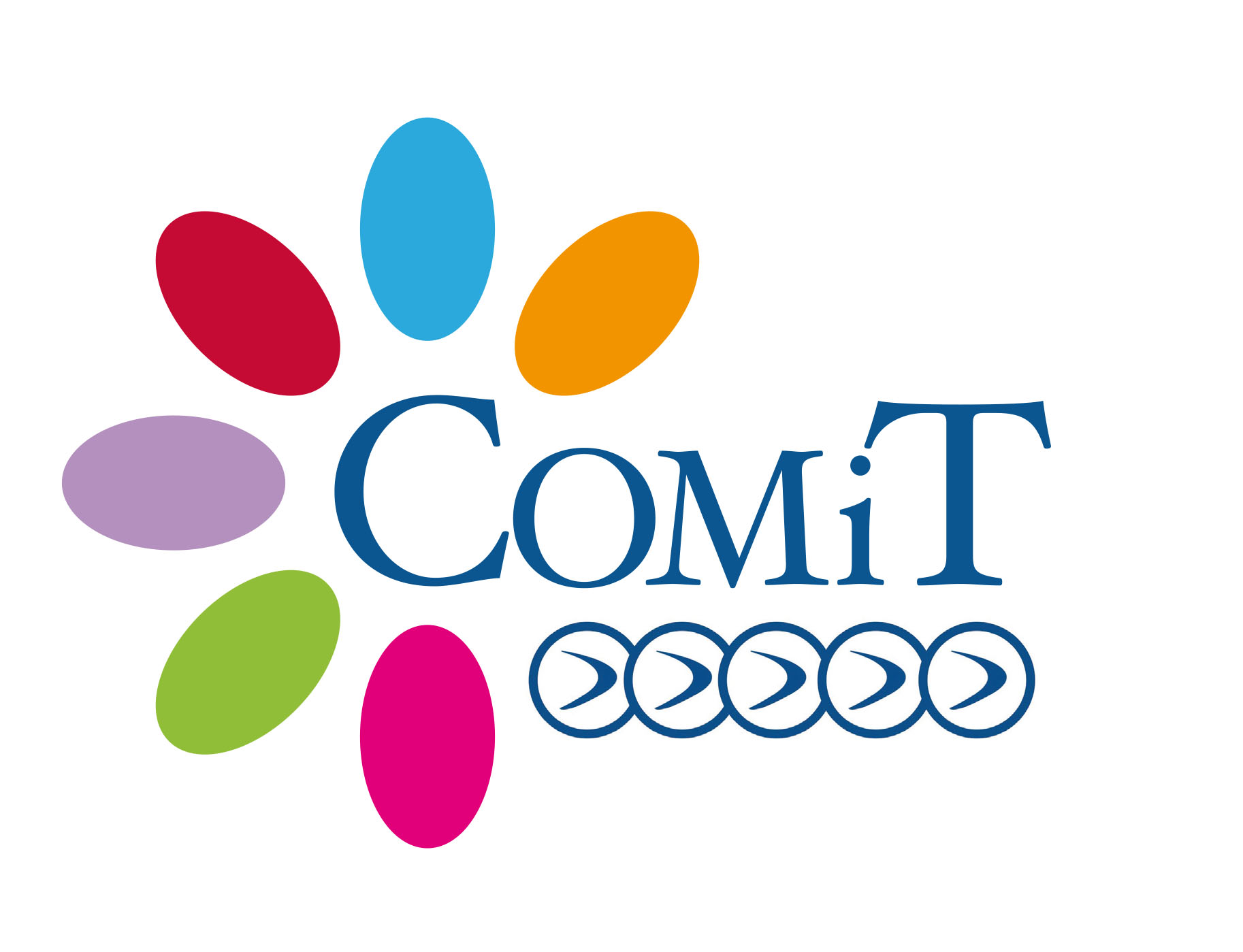 Thanks to all those tinnitus experts who registered and completed all three rounds of the COMT'ID online survey, and those who also travelled to the UK to participate in one of our consensus workshops.
Thanks to all those tinnitus experts who registered and completed all three rounds of the COMT'ID online survey, and those who also travelled to the UK to participate in one of our consensus workshops. Prof. Deborah Hall, chair of Working Group 5, has been invited to give a podium presentation at the prestigious Association for Research in Otolaryngology MidWinter Meeing in San Diego, USA, February 2018 (
Prof. Deborah Hall, chair of Working Group 5, has been invited to give a podium presentation at the prestigious Association for Research in Otolaryngology MidWinter Meeing in San Diego, USA, February 2018 (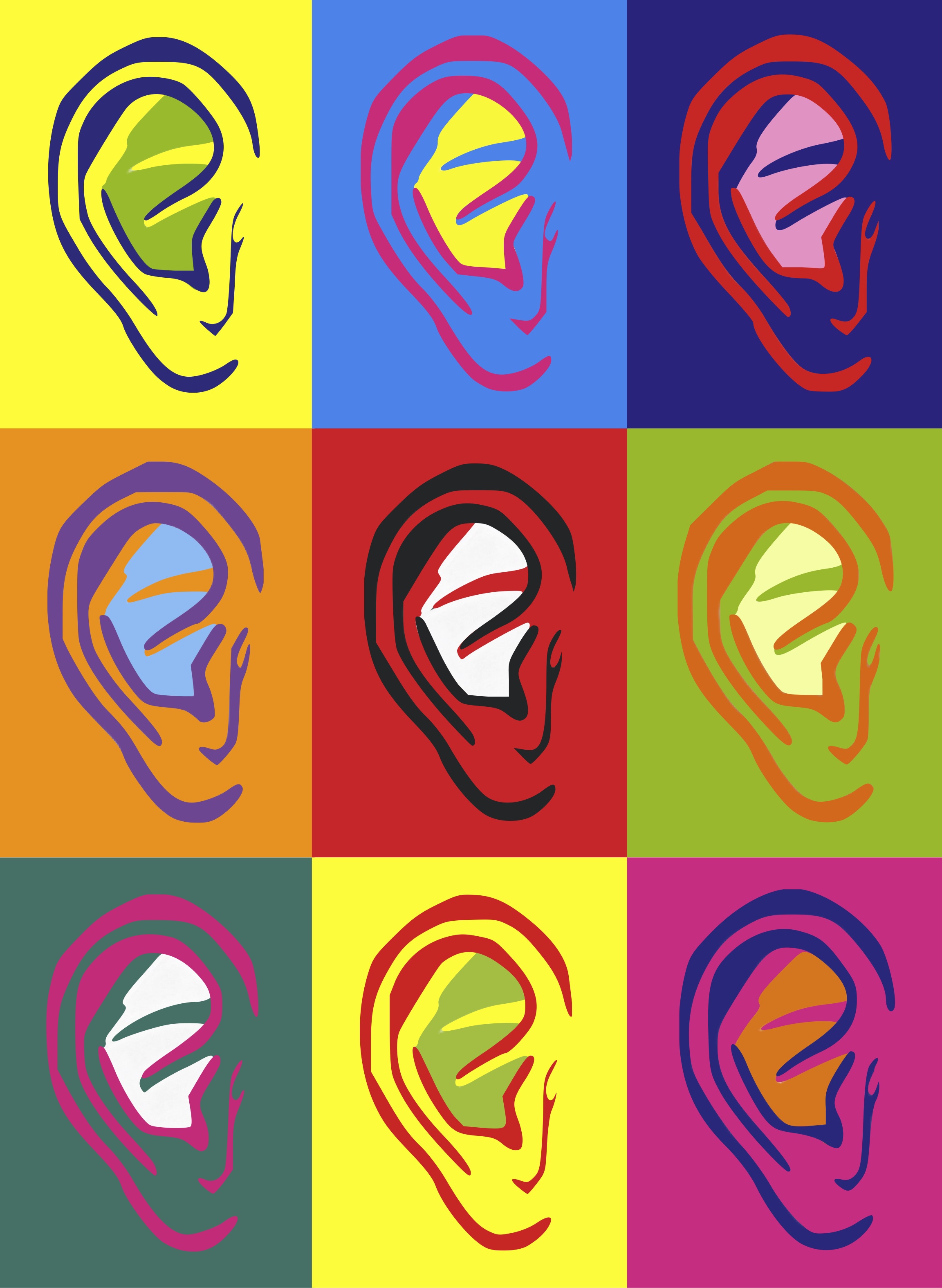
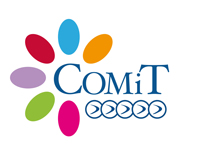
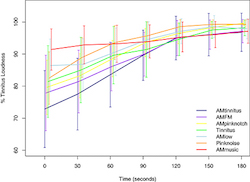 Auditory stimulations can be used to suppress tinnitus for a short duration of time. A great variety of sounds can be used, including music with different types of filtering, amplitude modulated sounds with different frequencies, or various noise stimulations. The authors Patrick Neff and colleagues have investigated a battery of 7 different sounds. So far, the 10Hz-amplitude modulated tinnitus sound is the winner - and there is also a clear looser:
Auditory stimulations can be used to suppress tinnitus for a short duration of time. A great variety of sounds can be used, including music with different types of filtering, amplitude modulated sounds with different frequencies, or various noise stimulations. The authors Patrick Neff and colleagues have investigated a battery of 7 different sounds. So far, the 10Hz-amplitude modulated tinnitus sound is the winner - and there is also a clear looser: 

